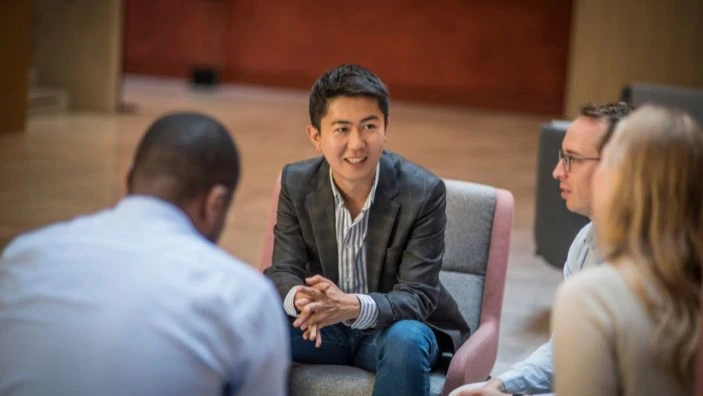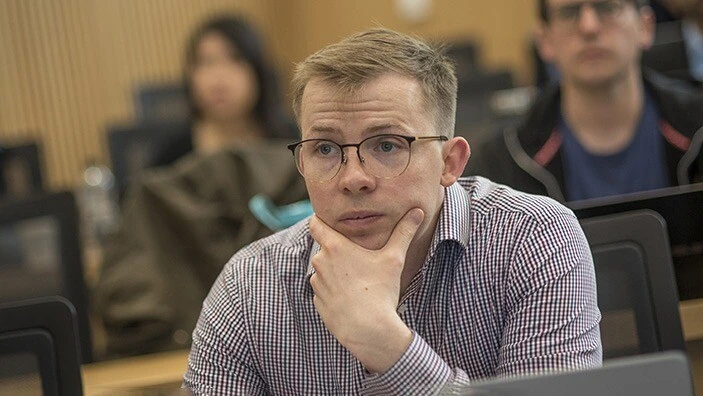MPhil in Strategy, Marketing, Operations and Organisational Behaviour
The programme prepares you for a career in academic research in a business school setting.
Programme details
Length
9 months
Start
Prep Maths & Stats September 2026
Format
You are expected to not undertake paid work during term-time
Location
You must be resident in Cambridge during your programme
Learn to innovate in the business world
Prepare for doctoral work in the fields of strategic management, marketing, operations and technology management, or organisational behaviour. This 9-month, specialist research MPhil is ideal for those intending to continue to a PhD and career in academia.
The MPhil in Strategy, Marketing, Operations and Organisational Behaviour (SMOOB) gives you the foundational knowledge and skills you need to:
- conduct rigorous research in your chosen field of specialisation
- study, interpret and critique research papers
- present your ideas in a public forum

Why Cambridge Judge Business School?
Embrace the Cambridge learning life – a global brand of excellence that gives your academic career a winning edge. Be inspired by Cambridge Judge faculty – a dynamic, global group, with published academic research on strategy, organisation theory, international business and organisational behaviour. With networks from industry and academia, they’ll give you insight on the critical competitive, economic, social and environmental issues facing organisations and their leaders today.
At Cambridge, you will:
- be part of Cambridge’s legacy of learning
- join your Cambridge College and University alumni networks
- access the University’s excellent careers service
Curriculum
4 specialisations. Foundation courses. Research seminars.
Start thinking about your career goals and choose between the Strategic Management, Marketing, Operations and Technology Management or Organisational Behaviour specialisations, each providing foundational coursework for a specific PhD pathway. Depending on the specialisation you choose, you will take 6 courses and a dissertation or 9 courses over 9 months.
You will start your MPhil with a mandatory online pre-course in mathematical and statistical methods, engage in weekly faculty lectures, research seminars and coursework for the duration of the programme, and on completion of your degree continue to a PhD at Cambridge or elsewhere.

Who we’re looking for
Every year, our MPhil in SMOOB cohort is made up of talented, driven and diverse individuals from all over the world.
The Master of Philosophy SMOOB is for you if:
- you have a First Class Honours degree or international equivalent
- your first degree was in a discipline with a strong quantitative orientation
- you have degree-level mathematical training (if you are taking the Marketing or Operations specialisations), or you did well in your undergraduate/graduate statistics courses (if you are taking the Organisational Behaviour or Strategic Management specialisations)
- you wish to continue to the PhD at Cambridge or elsewhere
Applying for the MPhil in SMOOB
You are embarking on a transformative learning journey. Entry to the MPhil SMOOB programme is very competitive, so we advise you to apply early, especially if you wish to be considered for funding.

